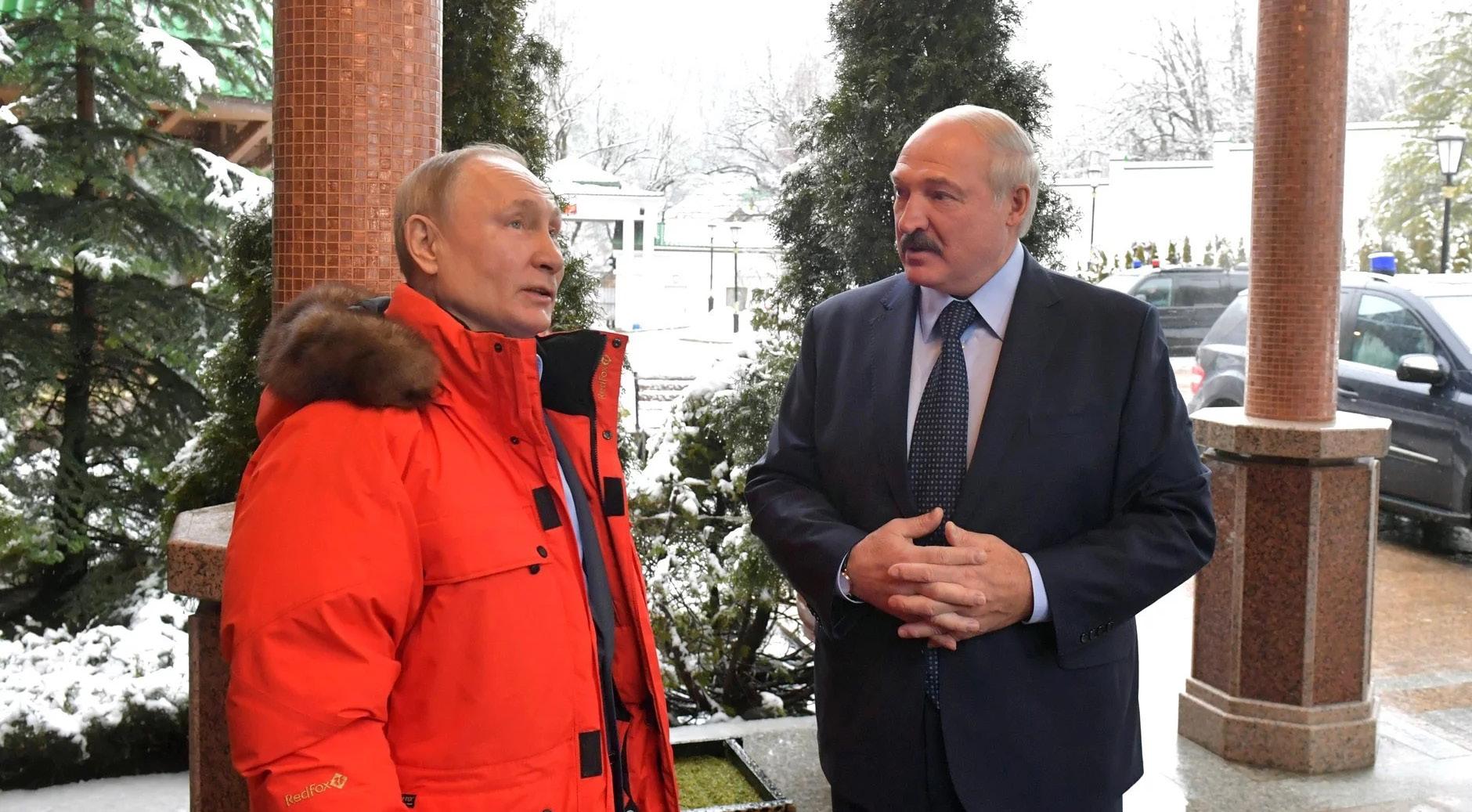
1 minute read
SUMMIT IN SOCHI: RUSSIA AND BELARUS DEVELOP NEW MODEL FOR ENERGY COOPERATION
11 February 2020
SOURCE: KREMLIN.RU
Advertisement
SUMMIT IN SOCHI: RUSSIA AND BELARUS DEVELOP NEW MODEL FOR ENERGY COOPERATION
After the recent meeting of the presidents of Russia and Belarus in Sochi, it has become clear that the existing model of cooperation between the two countries is a closed chapter in their common history. Minsk is starting to lose the energy benefits of its alliance with Moscow, which implies that it is no longer profitable to continue to integrate with Russia. New market regulations of cooperation mean that Belarus will have to tighten its belt, reduce social spending and, last but not least, raise prices and taxes. In the long run, economic reforms are inevitable. As regards foreign policy, Minsk will seek rapprochement with the West and Ukraine in a very theatrical manner, while at the same time trying not to violate the foundations of its alliance with Russia as well as its membership in organisations such as the Eurasian Economic Union (EAEU). A lexander Lukashenko failed to negotiate oil discounts in Sochi. The Kremlin maintained its firm stance towards the Belarusian ally: hydrocarbon discounts only in exchange for deeper integration. Lukashenko did not agree to that, indicating that the new conditions of oil and gas supplies have worsened Belarus’ position. Basically, it is all about ending the actual Russian subsidisation of the Belarusian economy. On January 1, 2020, Moscow suspended the supply of oil to Belarus because no agreement on oil prices and supplies had been reached. At present, Minsk is receiving only a small amount of oil in order to ensure the operation of its refineries. At the same time, it is looking for alternatives to Russian oil. So far, Belarus has paid 17% less of the global market price when purchasing duty-free oil. The changes introduced in the Russian oil sector (the so-called “tax manoeuvre”) are the










